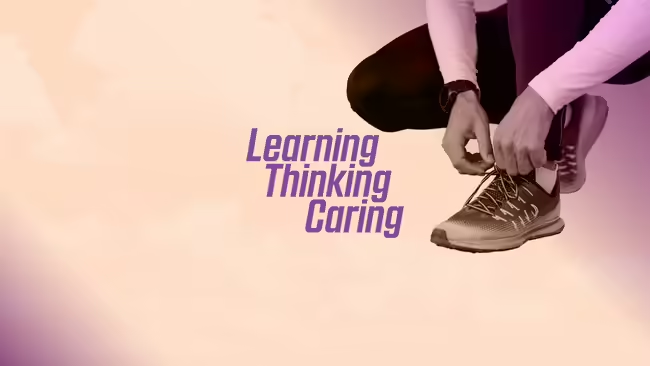
Happiness helps.
Support personal resiliency, build knowledge, and develop strategies for meeting the needs of clients in long-term care environments.
Happy Hacks for More Positivity and Increased Well-Being | Oct. 6 @ 2 PM
Our lives are bombarded with negativity, stress, and countless threats to our emotional well-being, work, and close relationships. New research in neuroscience and positive psychology shows that when we experience happiness and positivity, it turns on all the learning centers in the brain and fuels positive outcomes in all aspects of our lives. In this session, participants will learn about the common barriers to positivity and personal well-being and find out more about simple science-backed principles and practices or “happy hacks” to boost positivity, productivity, mood, and attitude.
If you need a reasonable accommodation to participate, please contact Karla Belzer at kbelzer@illinois.edu. Early requests are strongly encouraged to allow sufficient time to meet access needs.
Explore Additional Webinars in the Learn. Think. Care. Series
Let's Talk About Stress | Sept. 8 @ 2 PM
Stress is a funny thing. It can be something helpful that gets us motivated to get our work done. But, if we don’t find an outlet for it and allow stress to build, we can experience negative effects mentally and physically. In this session, we will discover the importance of self-care and explore a variety of practical techniques to use to manage stress and improve health and well-being.
The Trauma Informed Care Professional | Nov. 3 @ 2 PM
Becoming “trauma-informed” means recognizing that people often have many different types of trauma in their lives. People who have been traumatized need support and understanding from those around them, including long-term care professionals. Often, trauma survivors can be retraumatized by well-meaning caregivers and community service providers. Understanding the influence of trauma is an essential first step in becoming a compassionate and supportive professional. This session will provide participants with a shared understanding and language of trauma, awareness of the prevalence of trauma, and a shift in thinking to become more trauma-informed and aware.